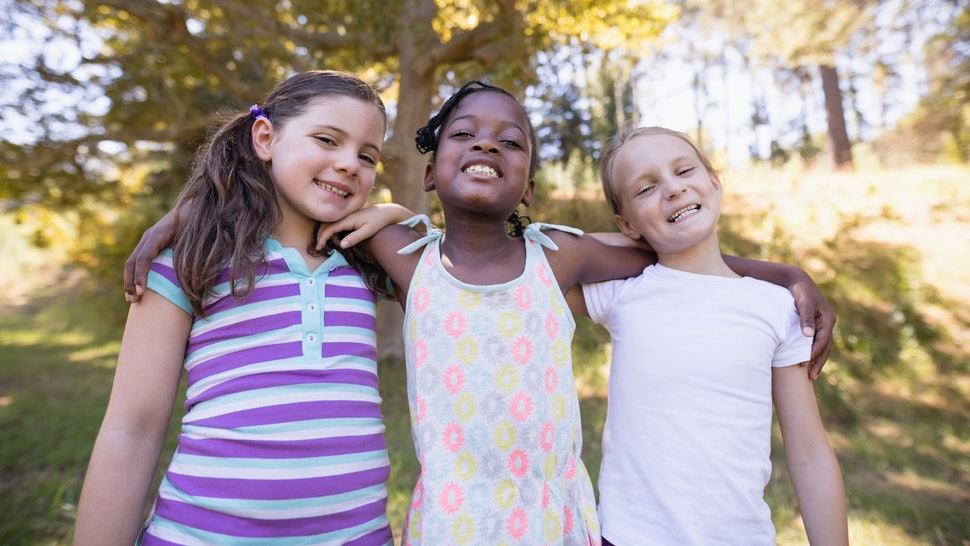Summers are amazing, right? School is out, the days are longer and the free time increases.
Yet after weeks or so, boredom kicks in, and your kids can’t move from the couches. Maybe binging on Netflix or playing video games for hours on end.
So, what’s amazing about that?
If only, there was a way to make your kids design their video games rather than just playing them. Or an opportunity to create the next big app instead of being glued to someones.
Good news, that’s where summer camps, kicks in.
There are great for engaging your kids during the school-free months. Summer camps provide opportunities for your kids to meet new friends, build character and reconnect with formers classmates. Plus. It allows them to discover new interests and hobbies.
Here is everything you need to do and prepare your kids for a better camping experience.
- Set Your Expectations
As part of normal preparations, you have to select the right summer camp. But what does the right camp entail?
In making this determination, you have to consider what you want for your child. What experience do you want them to gain from the camp? You send them to school to be smarter, football pitch to be better players, sending them to a camp shouldn’t be any different.
For instance, do you want your boy to meet new friends who share similar interests? Try a niche all-boys camp in an area that he loves.
The goal is to make your child excited about summer looking for programs that address their unique interests. By engaging the kid in this conversation, you’re likely to get a camp that you’ll both love.
- Camping Offers a Valuable Experience
Having your child in the same setting throughout summer isn’t a good idea. A study by the American Camp Association shows that camps play a vital role in the development of a child. Sending your son or daughter to a camp that matches their abilities, interests and development level accelerates their social skills, self-esteem, and increases their sense of adventure.
No one refutes the role of good parenting in child development. However, how your son or daughter acts when you’re not around also matters. Therefore, having an experience with surrogate caregivers is quite powerful.
- Consider the Right Timing to Send Your Child Camping
As you know, every child is different. Therefore, you take to send your child camping will vary from one kid to the other.
According to the guidelines, the earliest you can take your child for day camp is five years old. Eight years are ideal for an overnight camp that lasts a week.
If you want to give this a shot, consider visiting some few summer camps with the child. Gauge their reaction to determine whether they are ready or not. As a parent, you can encourage them to take on the challenge, but you don’t want it to feel forced. If they haven’t shown any intrinsic sign, then the time isn’t ripe for them.
- Find the Right Camp
Once you’re certain that your child is ready, it’s time to get them the best camp. Most parents rely on the word of mouth to know various programs in different camping centers.
But remember, kids have different skills, and interests. Therefore, an ideal camp for your neighbor’s son may be a disaster for your son. Therefore, strive to get a camp that matches your kid’s interests.
After doing simple research, you’ll find that there are many options to choose from. You’ll need to narrow down the search to the best camp in your area. There are different ways to do this, for instance, you can check the reputation it enjoys in the market. If possible, engage past parents who have taken kids in this camp. Enquire about their experience and then make your decision.
Conclusion
After selecting the right camp for your child, you need to prepare for the big day. This can be overwhelming if you’re doing it for the first time. You may be wondering, what do you include in your packing list? Fortunately, most summer camps will provide a list of items to bring with you.












